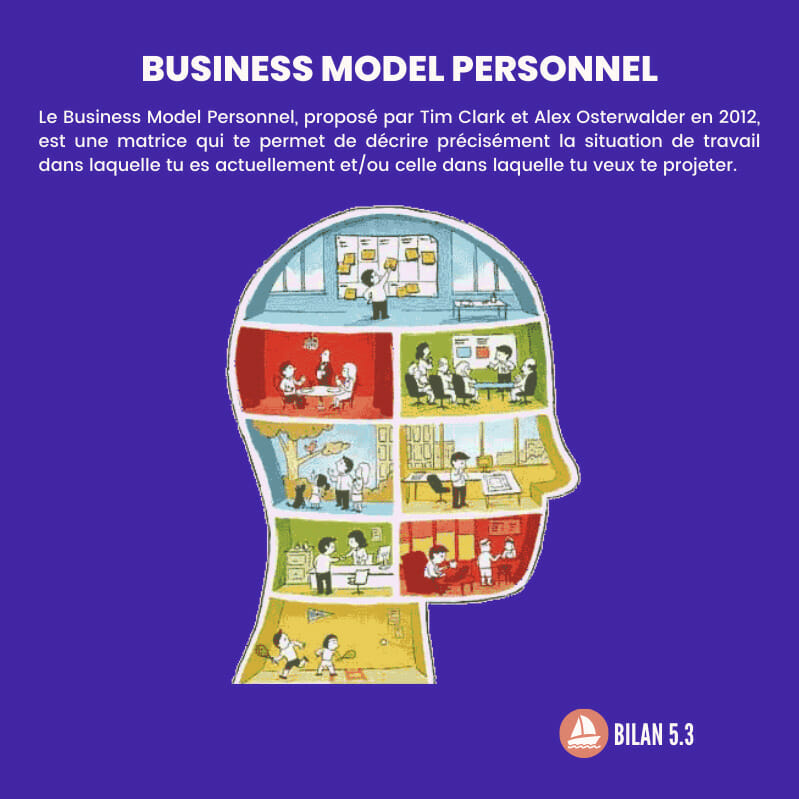Contrary to popular belief, meditation could sometimes be accompanied by unpleasant experiences.

From personal development books to cognitive therapy sessions at Saint Anne’s Hospital in Paris, meditation is more and more popular in France as in other Western countries. However, this technique inspired by Buddhism may not have all the good, warns a study published in the journal Plos One.
To come to this conclusion, researchers at University College London asked 1,232 people with an average age of 44.8 years who had been meditating regularly for at least two months whether they had ever had any unpleasant experiences while meditating. To the question: “Have you ever had unpleasant experiences (eg anxiety, fear, disturbed emotions, altered sense of the world and of yourself) that you think are related to the practice of meditation? “, 315 people, or about 25% of the participants, responded positively.
The researchers also noticed that these negative experiences were more frequent (+ 65%) in people engaged in deconstructive meditation techniques such as Vipassana. Those who practice this method are particularly trained to sift through the sensations in their bodies and focus on them for long periods of time.
Results to be taken with a grain of salt
“Meditation is not a panacea and its benefits may have been overstated (…). Recent studies have linked meditation to examples of anxiety and panic. We know little about why and when these experiences originate. or how frequent they are. Our study is to date the largest to offer a clear panel estimating unpleasant experiences among regular meditators “, explains Marco Schlosser, who conducted the study at the site Newsweek.
Today, “we can build on this research for other studies that will help us understand when, for whom and under what circumstances these experiences take place,” he continues, hoping to eventually be able to use this information to help us. better train meditation teachers. But while waiting to learn more, “we should be careful not to encourage premature conclusions about the negative effects” of meditation, he notes however.
Indeed, the researchers asked only one question of the participants. They did not ask them exactly how long and how often they had been practicing meditation, or whether they had any physical or mental health problems. Also, the list of negative emotions included in the question may have biased the answers. Finally, these did not indicate the severity of the negative experience or its long-term impact. So “the range of potential experiences that this can cover is huge,” Gemma Griffith of the Center for Mindfulness Research and Practice at Bangor University in the UK tells Newsweek.
In the past, several studies have proven the benefits of meditation
This study is all the more to be taken with a grain of salt as much research has already proven the benefits of meditation in the past. Thus, in November, researchers treated US soldiers with post-traumatic stress disorder through meditation. After three months of testing, the method was as effective as the therapies, thus ensured the study, published in The Lancet Psychiatry.
Then, in February, another Canadian research highlighted the benefits of meditation for people with chronic pain. According to the researchers, mindfulness meditation, which focuses on the present moment – our breathing, our thoughts, our bodily sensations, the smells, the noises-, would be even more effective than the cognitive-behavioral therapies in these. patients.
.














